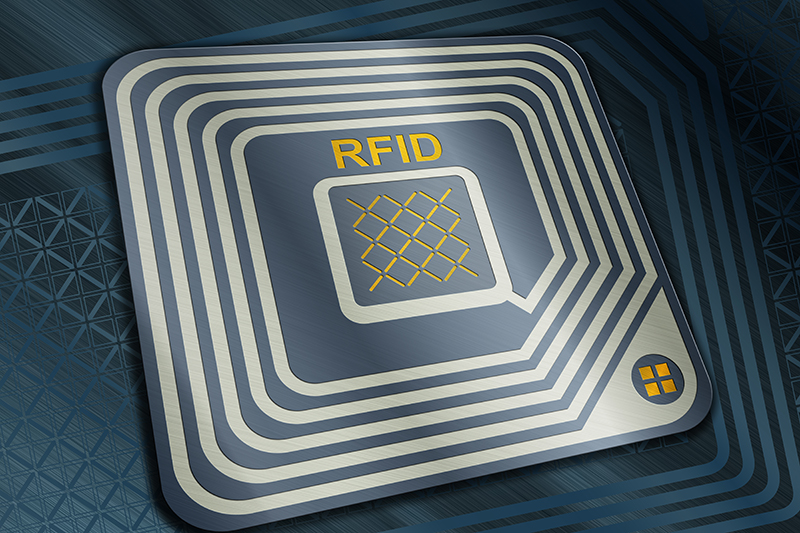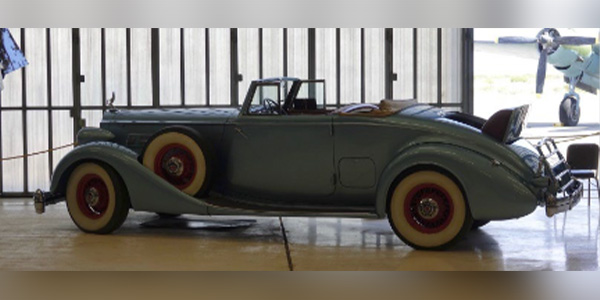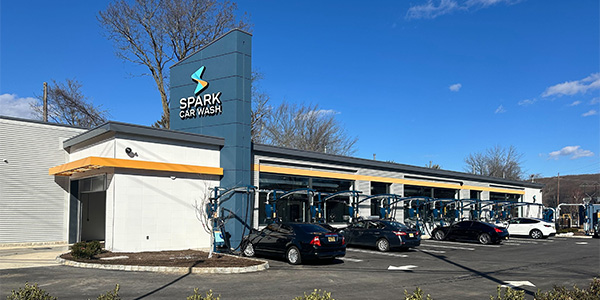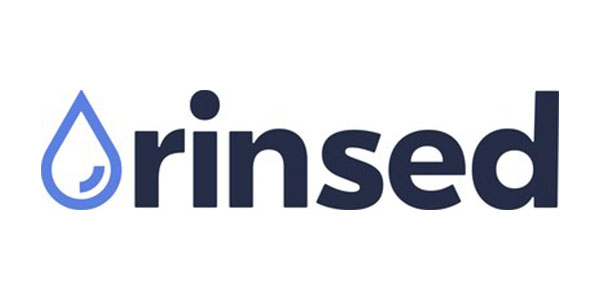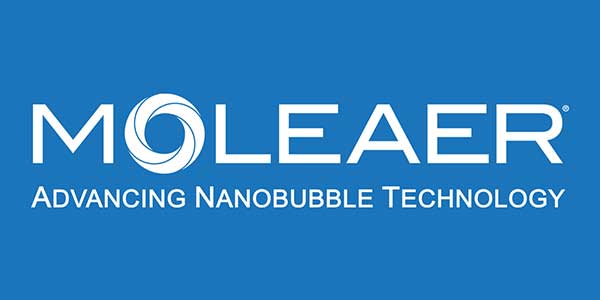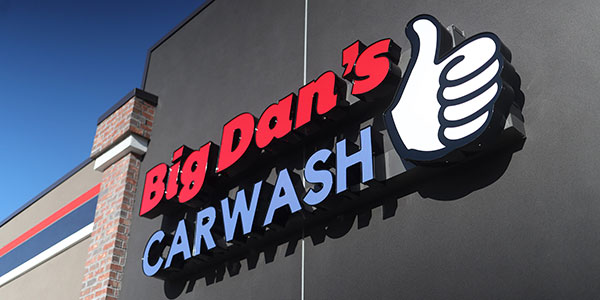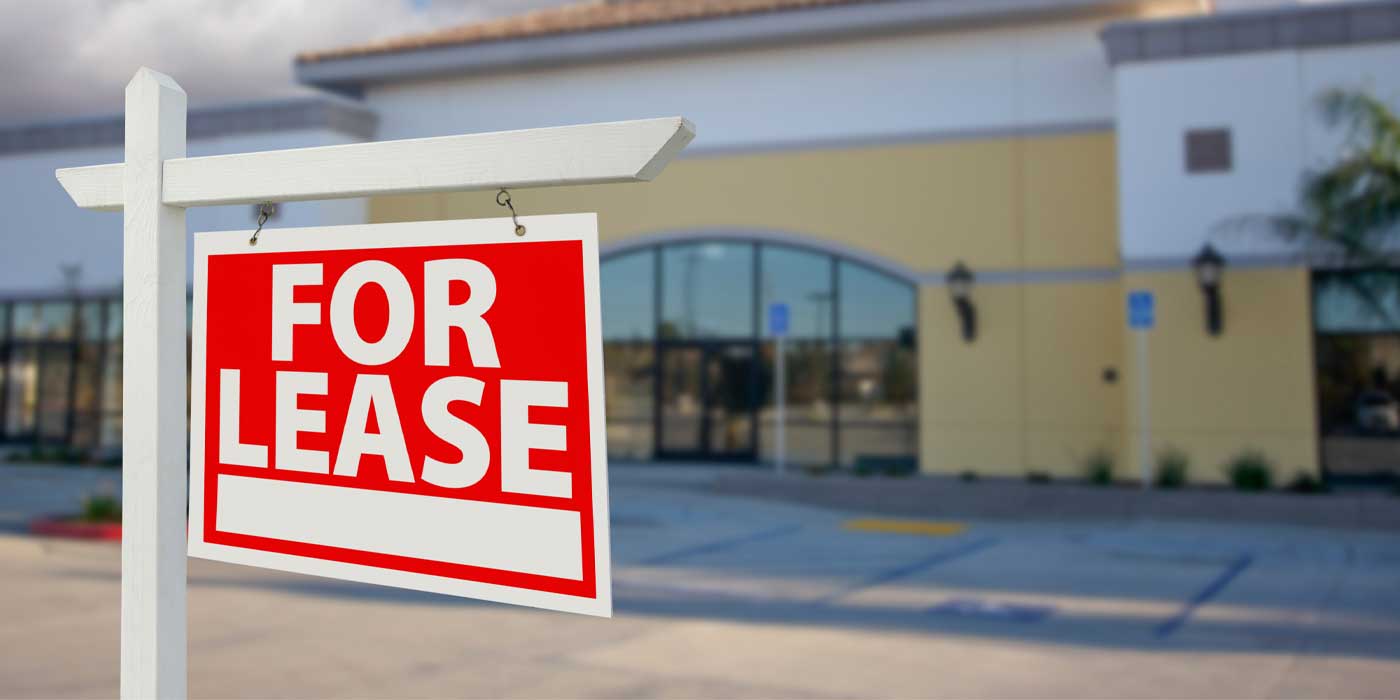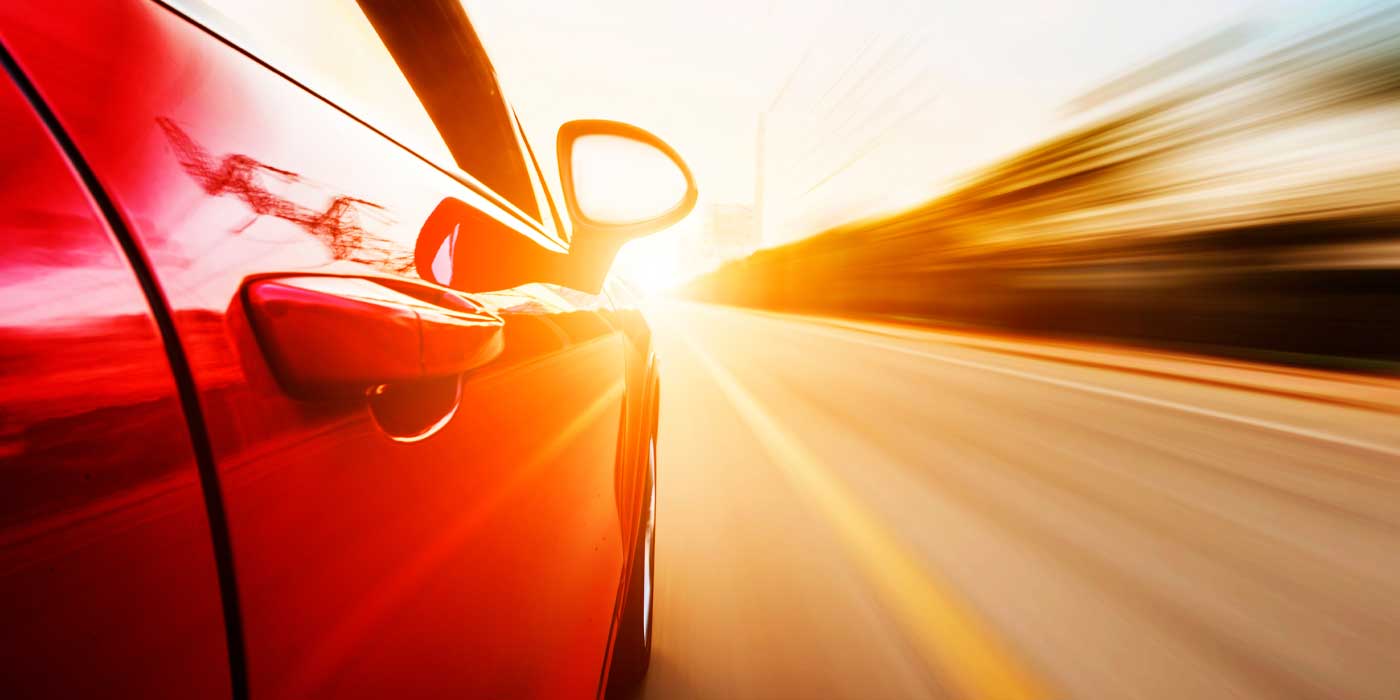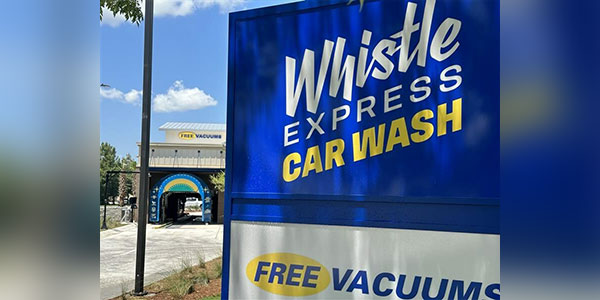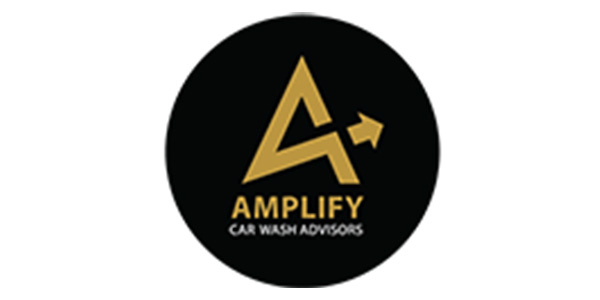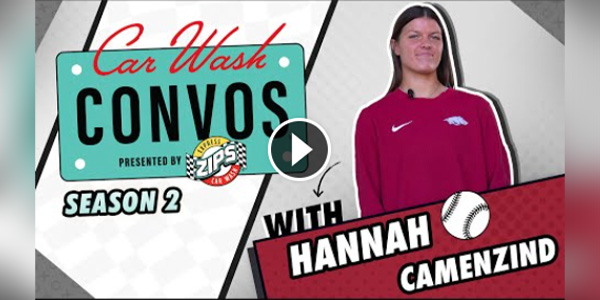At its most basic, RFID installation requires three key parts: tags, readers and a database. Using radio waves, the tags relay unique identification information through antennas to the readers, which further relay the information to a database that stores the data and initiates applications. However, as with all information-sharing and storing technology, RFID is not without its vulnerabilities. For instance, RFID tags are prone to sniffing, where an outside reader requests the information stored in a tag.
In this online-exclusive interview, we recently spoke with Bonnie Kimberlin, vice president of sales at DRB Systems, to understand more about evolving RFID technologies and how carwashes can protect their own interests as well as customers’ interests.
PC&D: Please explain why RFID is commonly used in carwashing.
BK: RFID allows a carwash operator to identify a car. This technology is especially important at self-pay sites. RFID allows an operator to have loyalty programs at self-pay sites. Loyalty programs have been around for a long time, but without RFID, they are difficult to implement at a self-pay site.
We think unlimited programs that are billed in a recurring monthly manner revolutionized the industry. Unlike loyalty programs at grocers, bookstores, coffee shops, etc., a monthly unlimited program requires accurate identification of the vehicle. Therefore, RFID technology allows self-pay carwashes to offer unlimited plans with limited exposure to theft of services.
Related: Using RFID to create customer loyalty
A healthy monthly membership program helps moderate revenues, reducing the necessity for sunny skies and dry roads.
Self service and unattended in-bay automatics struggle with the use of RFID. With the popular monthly unlimited programs, the RFID tag must be attached to a single vehicle. The only way to ensure that this happens is to have an employee physically apply the tag.
PC&D: What were some of the early and ongoing challenges operators experienced when using RFID?
BK: Early adopters didn’t recognize the problems associated with improper installation of the RFID tag. Certain vehicles block the RFID signal through the windshield and/or emit their own RFID signals.
In multi-lane systems, an outer lane could sometimes detect the tag from a vehicle on the inner lanes.
PC&D: How have technology, materials and/or processes been improved to overcome these challenges?
BK: Leading suppliers have improved the design of RFID tags by incorporating security measures into the tag. For example, tamper-resistant slits can be built into the tag, making it difficult to remove it without compromising its appearance and/or function.
Integrated camera systems can compare pictures of the vehicle between visits, allowing a tunnel attendant to easily identify mismatched vehicles. Documentation of “problem vehicles” and alternative tag placements have helped alleviate the aforementioned issues with windshields.
PC&D: Do you recommend any verification steps, such as license plate readers or surveillance, be used in conjunction with RFID? Why?
BK: For busy carwash operators, we recommend allowing the technology to do the work. License plate recognition technology continues to evolve and does look promising. However, the success “read rate” doesn’t appear to meet the demands for fast, accurate and automated vehicle detection.
When utilizing RFID with a monthly pass program, it is imperative that the tag be read. With proper installation of the RFID reader and RFID tags, the technology has a 99.5 percent read rate.
PC&D: How can operators minimize system failure, and what steps should be in place if RFID and associated technologies falter?
BK: We have minimized failure already with better tags and more consistent installation of tags and readers. Steps to take can be reading the whole barcode through the glass or having a barcode in the door jamb as a backup.
PC&D: How can operators make sure that sensitive information, such as customers’ identities and credit card information, is secure?
BK: None of the customer information should be stored or written onto the RFID tag itself. Rather, a customer identifier on the tag can be read by the point-of-sale system’s software and decoded in a secure database. This keeps customer identity information from being accessible to malware.

